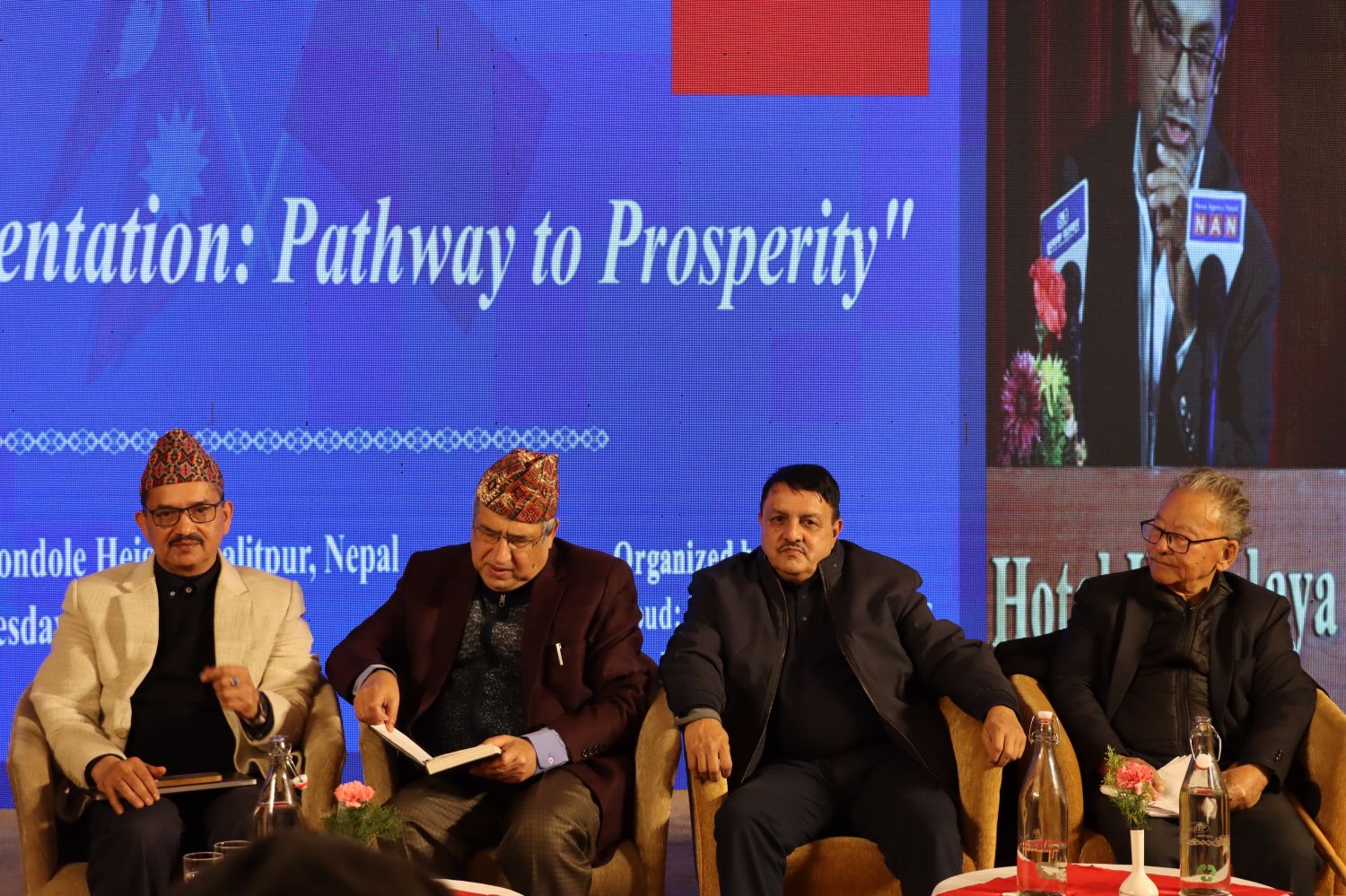
SATV Dec 11, Kathmandu: A seminar titled "BRI implementation in Nepal:Pathway to Prosperity" was successfully held today in Lalitpur, following the recent signing of the Belt and Road Initiative (BRI) framework agreement between Nepal and China. The event, organized by Friends on the Cloud: Platform of Influencers Nepal, brought together prominent figures from Nepal and China to discuss the implications of this agreement on Nepal and the broader geopolitical landscape.
Key Speakers and Discussions
The seminar featured distinguished speakers, including foreign affairs expert Hiranya Lal Shrestha, former Vice Chair of the National Planning Commission Dr. Govind Raj Pokharel and foreign affairs analyst Arun Kumar Subedi.
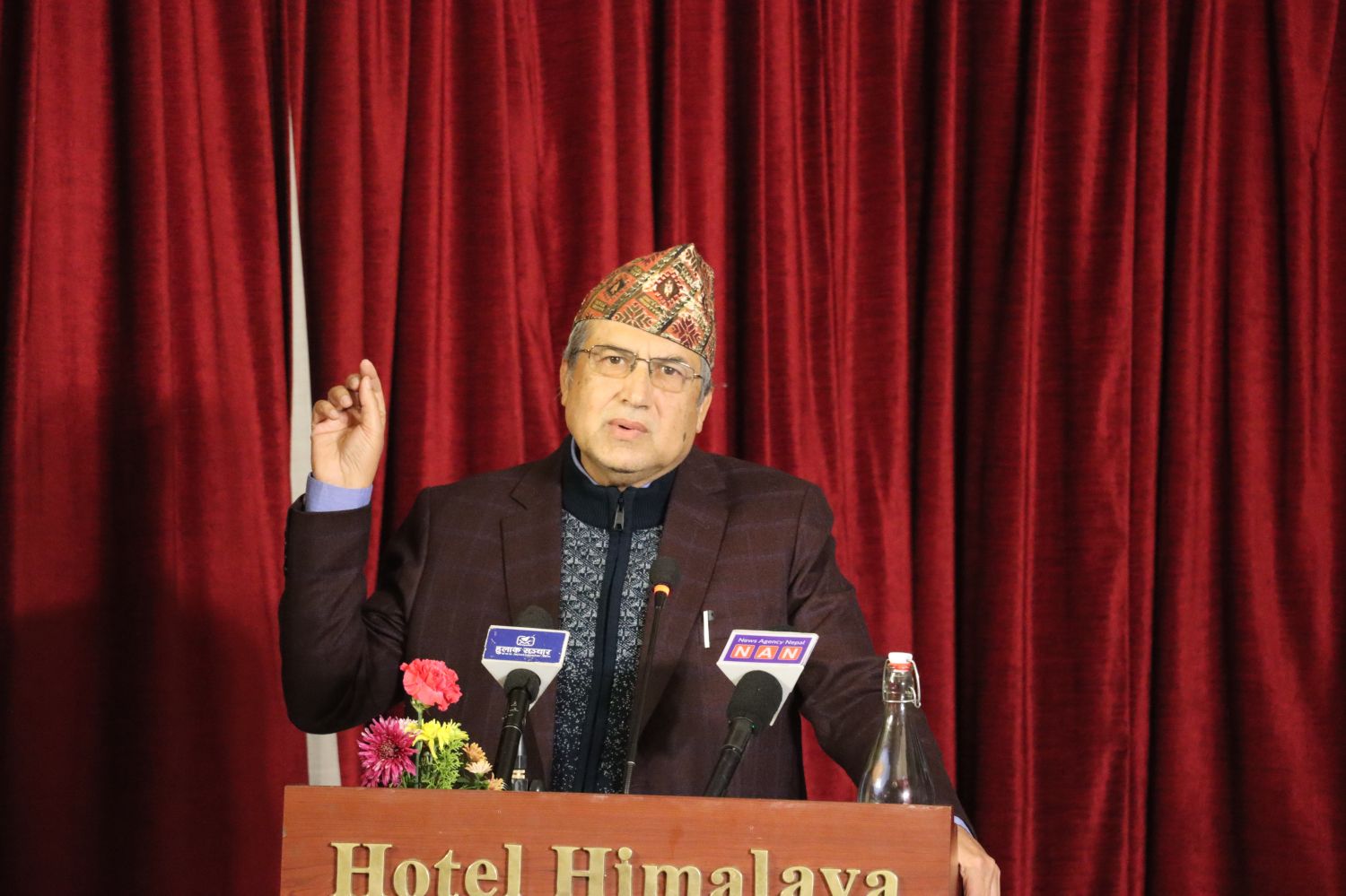
In his address, analyst Arun Kumar Subedi emphasized the need for in-depth study and careful planning regarding the BRI. He highlighted that decisions on whether projects involve loans or grants must prioritize national interests rather than emotional impulses. Subedi pointed out that while the Chinese government formulates BRI plans, investments primarily come from banking or private sectors. He stressed the importance of ensuring Nepal remains free from strategic or undue external pressures as it engages in BRI projects.
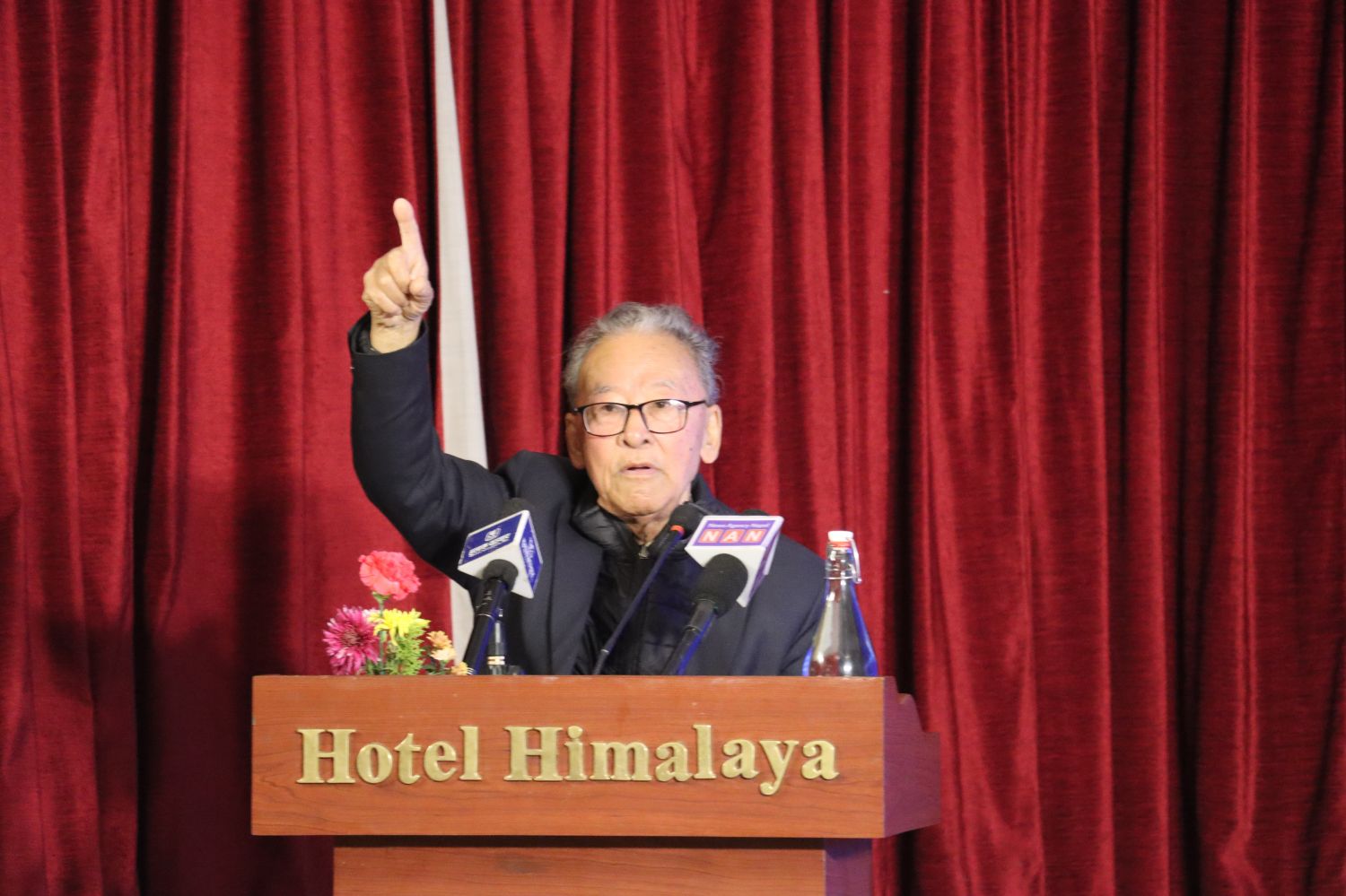
Similarly, Hiranya Lal Shrestha remarked that while the BRI agreement was signed as early as 2017, current debates hold limited impact on its implementation. He predicted that the term “cooperation” might replace “loan” in political discourse to ensure stability. Shrestha called for greater transparency in distinguishing between loan-funded and grant-funded projects under BRI and highlighted the strategic advantage of transforming Nepal from "landlocked to land-linked," a vision outlined by Chinese President Xi Jinping during his Nepal visit. He asserted that BRI could play a vital role in infrastructure, trade and technology development, pushing Nepal toward economic self-reliance through exports rather than imports.
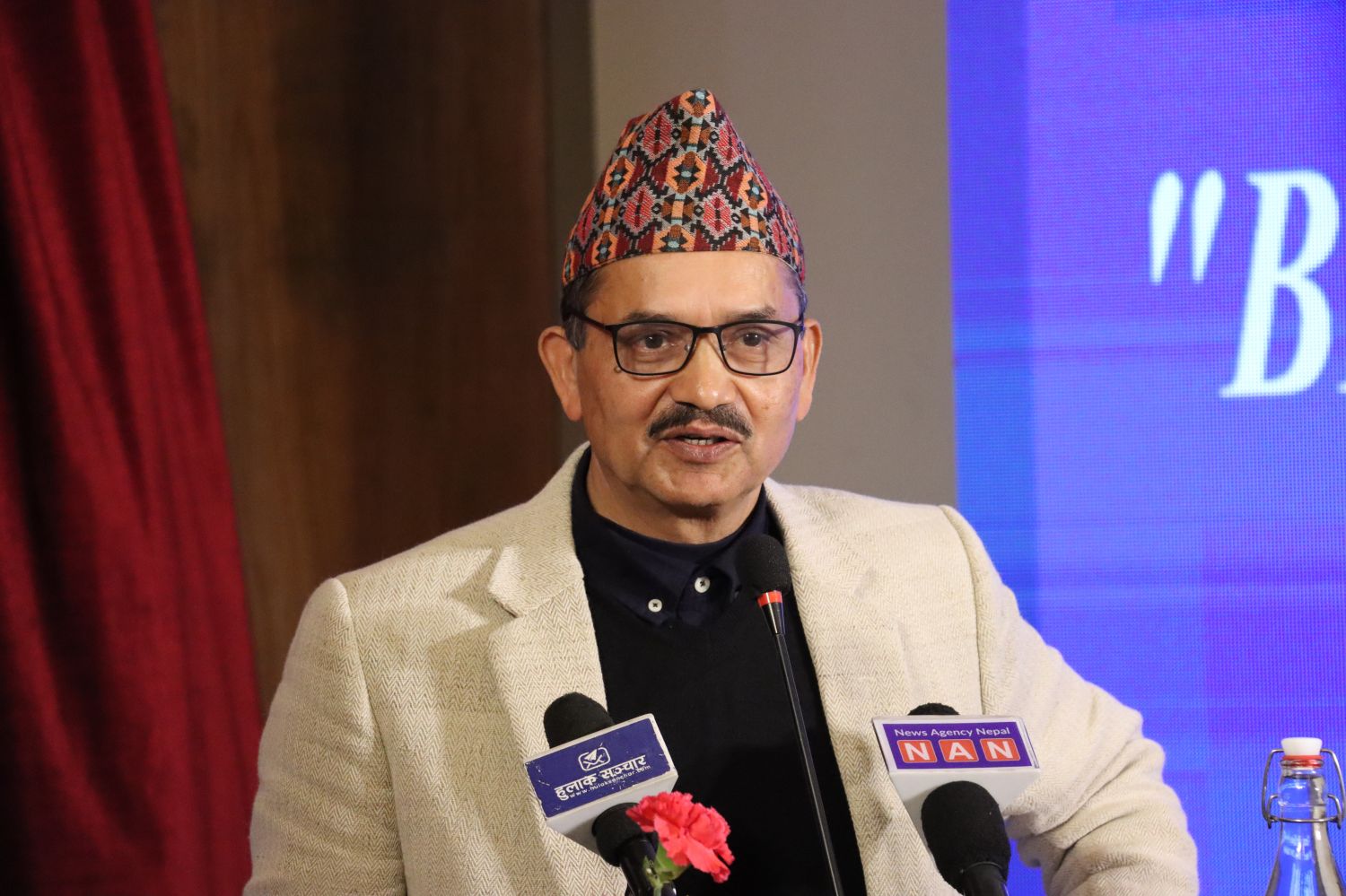
Dr. Govind Raj Pokharel, former Vice Chair of the National Planning Commission, advocated for borrowing to boost revenue and energize Nepal's economy. He noted that in Nepal's current economic scenario, loans are unavoidable, emphasizing the importance of sourcing concessional loans. Pokharel urged policymakers to expand discussions beyond roads and railways to include technology transfer and other significant aspects of BRI.
Consensus on National Interest
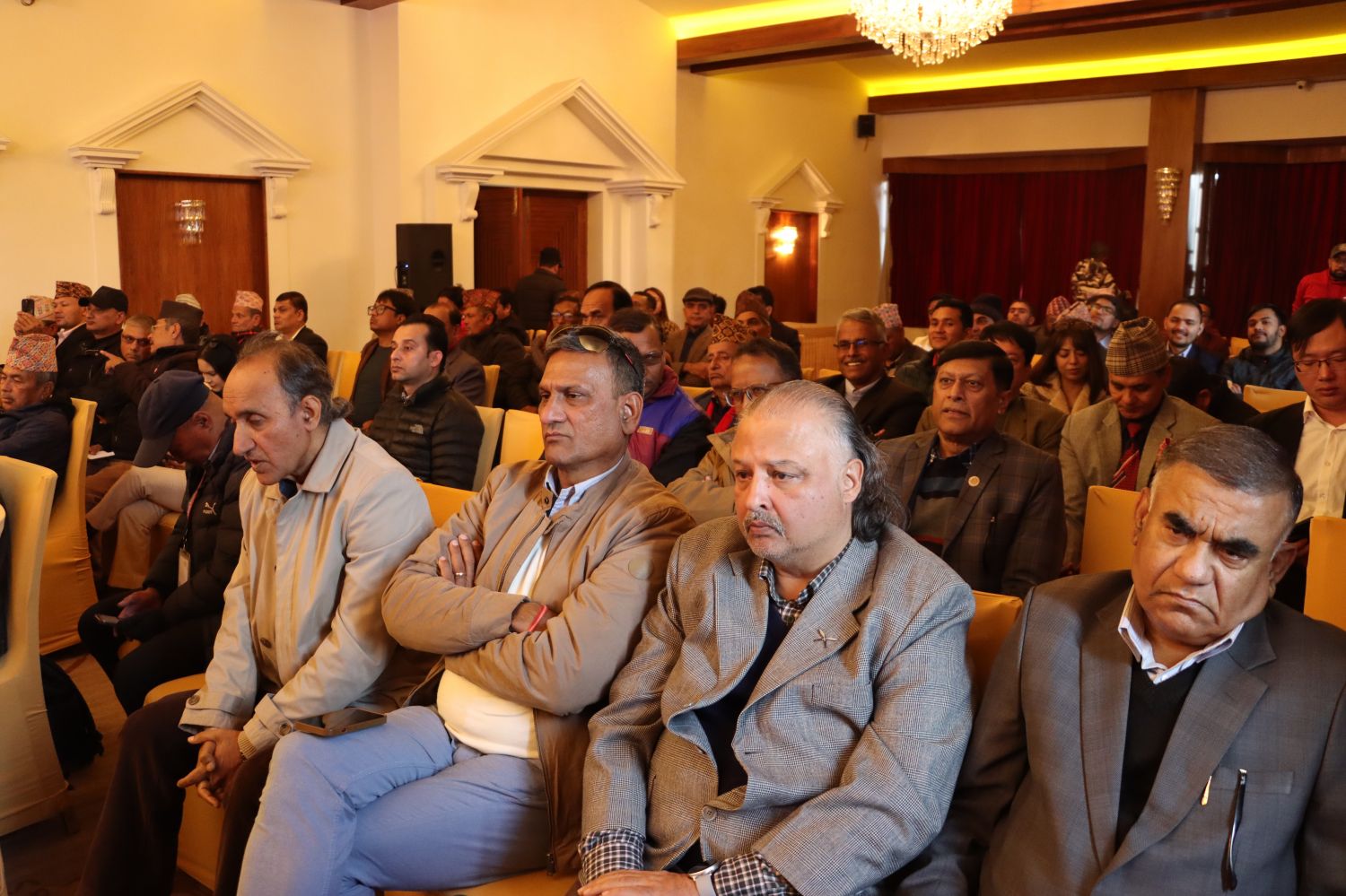
Prominent attendees at the seminar unanimously agreed on the importance of the BRI framework for Nepal's national interest. They called for efficient implementation to maximize benefits and ensure transparency. The speakers underscored that BRI could be a transformative initiative for Nepal. Seminar highlighted the importance of a well-structured approach to implementing the BRI projects, ensuring Nepal leverages this opportunity to achieve sustainable growth and prosperity.












